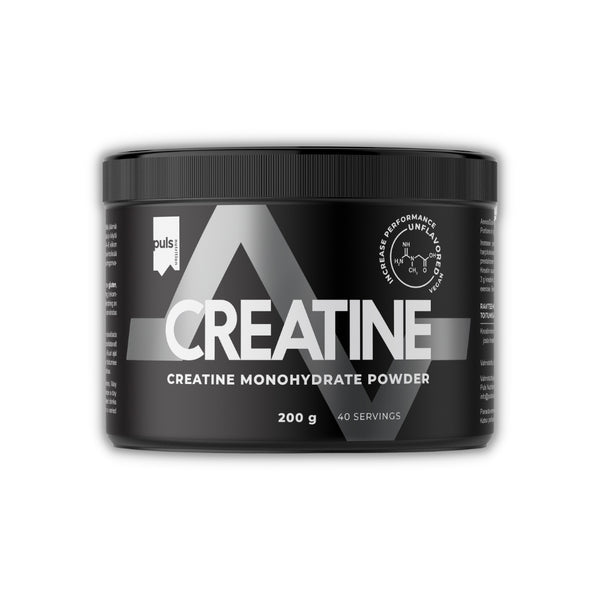We've all heard that bellypressure muscles are made in the kitchen, right? In fact, we can use this saying for all muscles.
We are all perfectly aware that our physical performance largelydepends on our diet , and if we eat poorly, we will not be able to effectively spend timein training. When it comes to the appropriate eating time, you will encounter many different opinions/discussions on this topic.
It is more important to get quality calories than food at a certain time interval. However, many authors still believe that the interval between meals plays an important role in promoting your physical development and productivity during your workout.
Recently, the International Sports Nutrition Association published an article looking at how different eating times before exercise affected muscle regeneration processes. This is topical, since most people continue to follow the diet plan, eating 4-6 times a day, without following training schedules. Although all our daily meals are important, however, to achieve higher results in the development of muscle mass and strength, pre- and post-workout meals are extremely important.
What we eat before training can have a significant impact on the quality of the workout and the quality of the recovery processes.
What is the role of each macronutrient in the pre-workout diet?
Protein
It is very important to ensure a sufficient amount of protein intake per day.
The need for protein for the body's consumption depends on many factors, including the duration of the workout. Athletes usually need to take about 1.2–1.4 g of protein per kilogram of body weight per day and about 0.4–0.5 g of protein per kilogram of body weight 1-2 hours before training. According to research results, protein intake before workouts is essential, however, not an important source of them, which means that the consumption of any protein a few hours before training is a great choice for a quality workout!
Protein benefits:
- During training, when you need it, you will not lack amino acids that are vital for muscle mass gain.
- Promoting muscle mass growth, which will improve your body's endurance and performance during training and everyday life.
- Reduces the possibility of muscle rupture and decay, making muscles more flexible, adapting over time to training and their intensity.
Carbohydrates
The false claim that carbohydrates are only necessary for those who do long-term or endurance workouts is false. Studies have shown that carbohydrates are necessary to improve indicators during high-intensity workouts, which take as little as 1 hour.
After all, it is a macronutrient that is mainly used by the body as a source of energy during training.
Carbohydrates stimulate insulin release, an anabolic hormone that helps transfer glucose from its reserves to the muscles, thereby increasing blood glucose levels, giving more energy for physical work and preventing loss of strength. Without additional carbohydrate intake in your workouts, muscles will have to exhaust their energy reserves, as the reserves they contain in the form of glycogenic are not enough for the whole workout.
You should consume compound carbohydrates during the day and before training (30-180 minutes before training).
Lipids
, without looking at the fact that fat is very important for our body and health, they do not have a significant effect on physical activity.
They are not primarily used as a source of energy during training, especially in high-intensity interval workouts.
It is believed that the use of fat for energy production increases during longer and less intense physical exertion.
In other words, as the intensity of the workout increases, fat consumption as a source of energy decreases and carbohydrate consumption increases. As our body processes fat more slowly, it helps maintain steady levels of glucose and insulin in the blood.
Although it does not play a big role in one-hour workouts, it is important enough to engage in physical activity for a long time.
The need and quantities of macronutrients depend on:
- Gender, body structure and genes: Generally, men, people with higher height or muscle mass and faster metabolism need more macronutrients for effective functioning.
- Goal: to gain, lose or maintain weight. For example, diet and dietary supplements that are used to prepare for fitness competitions will be radically different from bodybuilder's diet and takeable dietary supplements outside the competition season.
- Duration and intensity of training: In endurance sports, an athlete will need to pick up more carbohydrates than an athlete who plans to complete a 55-minute strength training session as he prepares to measure a 40km run.
So, what should you eat before training?
You need to choose foods that will increase your energy levels, improve work efficiency, maintain fluid levels in the body, promote muscle mass growth and help in post-workout recovery processes.
Ideally, you should take these foods 1-3 hours before training, choosing those foods that will give the body enough energy not only for a good workout, but also be easily digestible so that you do not feel too "full" during the workout.
The closer the moment until the beginning of the workout, the less time the body has left to digest the food ingested, so it is better to opt for food of a more liquid consistency. You should also avoid foods rich in fiber that are harder to digest.
Some easy and easy to prepare dishes:
- Grilled chicken/turkey breast with sweet potatoes and vegetables.
- Wholemeal bread sandwich with tuna (in its own juice) and fruit.
- Omelette of egg whites with spinach and basmati rice.
- Protein pancakes / oatmeal with bananas and berries.
- Corn / rice galettes with tuna and egg white.
- Protein bar and fruits.
- Cereal and protein smoothie.










